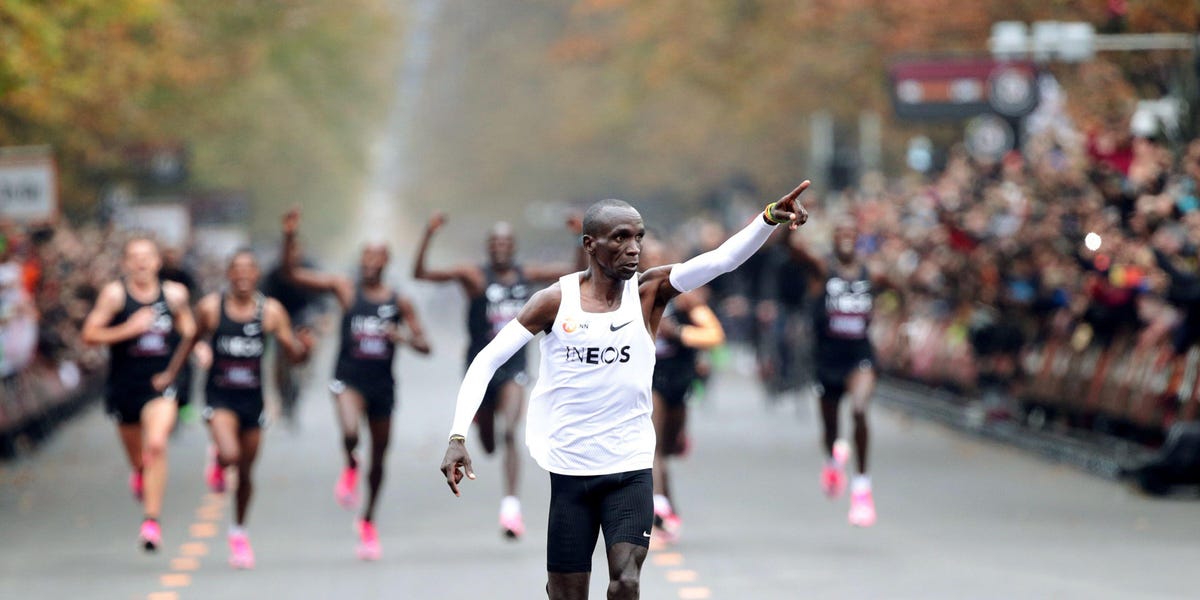Understanding the Distance of a Marathon
A marathon is a long-distance running event spanning 26 miles and 385 yards, equivalent to 42.195 kilometers. This article focuses on converting the mile distance to kilometers, specifically the 26.2 miles that define a marathon. Runners and fitness enthusiasts must understand this conversion for various reasons, such as comprehending race information, monitoring progress, or comparing performances.
The Significance of Converting Miles to Kilometers
While the marathon distance is traditionally measured in miles, many countries around the world use the metric system. Runners and fitness enthusiasts may need to convert the distance from miles to kilometers for various reasons, such as understanding race information, tracking progress, or comparing performances. The key to effectively navigating this conversion is familiarizing yourself with the appropriate conversion factors.
The Conversion Factor: Miles to Kilometers
To accurately convert miles to kilometers, it’s essential to use the correct conversion factor. One mile is approximately equal to 1.60934 kilometers. This relationship means that 26.2 miles, the total distance of a marathon, is equivalent to roughly 42.16 kilometers.
Practical Applications: Using the Conversion
Understanding the conversion between miles and kilometers can be particularly useful for runners and fitness enthusiasts. For example, if you’re training for a marathon consisting of 26.2 miles, you can convert this distance to kilometers to better comprehend the challenge. Simply multiply 26.2 by the conversion factor of 1.60934, and you’ll find that the distance is approximately 42.16 kilometers.
Marathon Races Around the World: A Global Perspective
Marathon races are popular events that attract runners from all corners of the globe. Given the widespread use of the metric system, it’s essential to understand the conversion between miles and kilometers. This knowledge enables international runners to compare performances, set goals, and prepare for races in different countries. For instance, the London Marathon, one of the World Marathon Majors, is a 26.2-mile (or approximately 42.16-kilometer) race that attracts thousands of participants each year.
Additional Resources: Marathon Training and Conversion Tools
Numerous resources are available to help runners with marathon training and distance conversion. These tools can make it easier to understand the relationship between 26.2 miles and kilometers. Online calculators, mobile apps, and training programs often include features that automatically convert miles to kilometers and vice versa, ensuring that you can focus on your training without worrying about the calculations.
Staying Motivated: Embracing the Marathon Journey
Embarking on marathon training is an exciting yet challenging endeavor. Regardless of the distance measurement, runners should focus on the process and celebrate their achievements throughout their training journey. By understanding the conversion between miles and kilometers, athletes can better appreciate their progress and maintain motivation. For example, when a runner completes a 15-mile (approximately 24.14-kilometer) long run, they can recognize the significance of this distance in both mileage and kilometers.
In Summary: Miles to Kilometers and the Marathon Experience
Understanding the conversion between 26.2 miles and kilometers is an essential skill for runners and fitness enthusiasts. By familiarizing yourself with the conversion factor, you can better grasp the marathon distance, train more effectively, and compare your performance with international athletes. With this knowledge, you’ll be better prepared to tackle marathon races around the world and enjoy a more fulfilling and enjoyable marathon experience.








